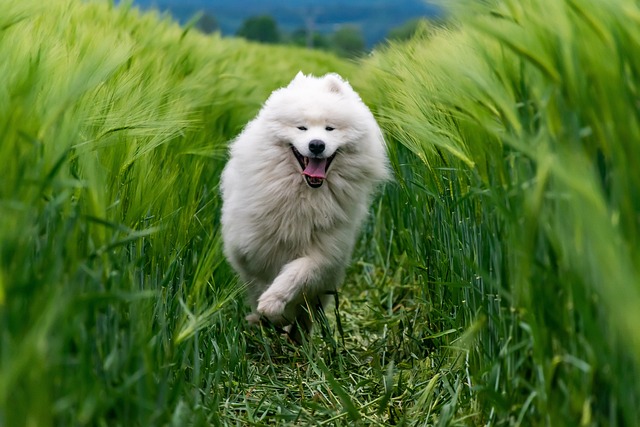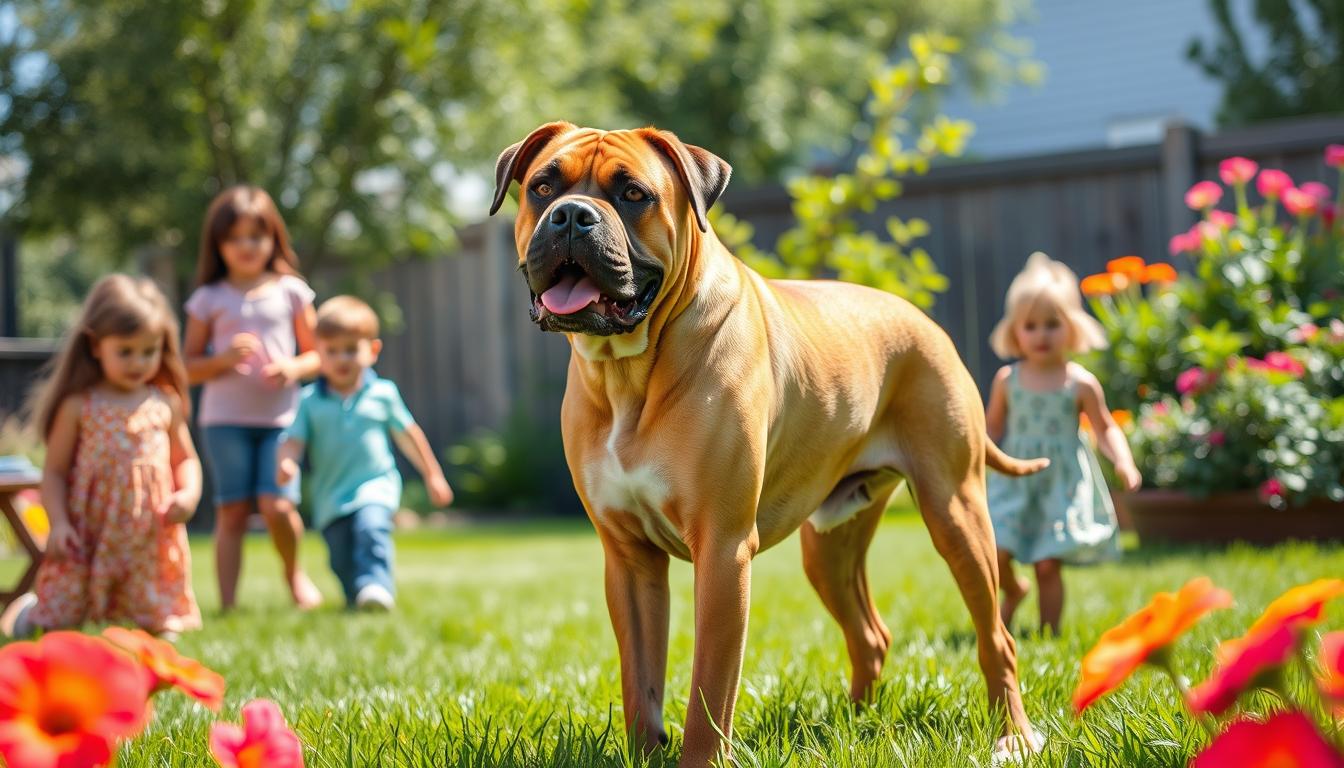The Ultimate Guide to Chinese Dogs: History, Traits, and Care Tips

The Ultimate Guide to Chinese Dogs: History, Traits, and Care Tips
Introduction
Chinese dogs hold a special place in the hearts of many, not only in China but around the world. These breeds are celebrated for their unique histories, distinct traits, and charming personalities. Understanding their background and how to properly care for them can enrich the lives of both the dogs and their owners. In this guide, we’ll delve into the captivating history of Chinese dogs, explore popular breeds, and provide essential care tips.

History of Chinese Dogs
Ancient Origins
Chinese dogs have a long and storied history that dates back thousands of years. Many of these breeds were developed for specific roles, such as hunting, guarding, and companionship. Their origins can often be traced to ancient Chinese dynasties, where they were cherished by royalty and commoners alike.
Role in Chinese Culture
In Chinese culture, dogs are often seen as symbols of loyalty and protection. They have been featured in numerous artworks, literature, and folklore, reflecting their integral role in society. Certain breeds, like the Shih Tzu, were even considered sacred and were kept as palace pets.
Evolution Over Time
Over centuries, Chinese dogs have evolved due to selective breeding practices. This evolution has led to the development of distinct physical and behavioral traits that make these breeds unique. Understanding this history helps us appreciate the characteristics that these dogs exhibit today.
Popular Chinese Dog Breeds
Shih Tzu
History
The Shih Tzu, also known as the “Lion Dog,” has a rich history that dates back to ancient China. These dogs were prized by Chinese royalty and were often kept as companions in palaces.
Characteristics
Shih Tzus are compact, robust dogs with luxurious, flowing fur. Renowned for their warm and loving temperament, they make wonderful companions.
Care Tips
Regular grooming is essential for Shih Tzus due to their long hair. They also require moderate exercise and a balanced diet to stay healthy.
Chow Chow
History
The Chow Chow is one of the oldest dog breeds, believed to have originated over 2,000 years ago. They served roles in hunting, herding, and guarding.
Characteristics
Chow Chows are characterized by their unique lion-like mane and blue-black tongue. They are loyal and protective but tend to be aloof with strangers..
Care Tips
Chow Chows require regular grooming and socialization. They also need daily exercise to prevent obesity and maintain their muscle tone.
Pekingese
History
Pekingese dogs were favored by Chinese emperors and nobility. They were bred to be small, portable companions that could be easily carried in the sleeves of royal garments.
Characteristics
Pekingese are small, sturdy dogs with a distinctive pushed-in face and a luxurious coat. They are affectionate, loyal, and make excellent lap dogs.
Care Tips
Regular grooming is crucial for Pekingese due to their thick coats. They also need gentle exercise and careful monitoring of their diet to prevent obesity.
Shar Pei
History
The Shar Pei has ancient origins and was initially bred for hunting and guarding. Their unique wrinkled skin and “hippopotamus” face make them easily recognizable.
Characteristics
Shar Peis are known for their loyalty, intelligence, and independence. They are protective of their families and may be reserved around strangers.
Care Tips
Shar Peis need regular grooming to keep their skin healthy, particularly in the folds. They need moderate physical activity and mental engagement to avoid boredom.
Chinese Crested
History
The Chinese Crested is thought to have originated in Africa before being introduced to China by traders.They were bred as companion animals and are known for their unique appearance.
Care Tips
Hairless Chinese Cresteds need special skincare to prevent sunburn and dryness. Both varieties require regular dental care and moderate exercise.
General Traits of Chinese Dogs
Physical Traits
Chinese dogs often have distinct physical features, such as the wrinkled skin of the Shar Pei or the lion-like mane of the Chow Chow. These traits are a result of selective breeding over centuries.

Temperament
Chinese dogs are typically loyal, affectionate, and protective. They tend to form strong bonds with their families but can be reserved or aloof with strangers.
Health Concerns
Many Chinese dog breeds are prone to specific health issues due to their unique physical traits. Regular veterinary check-ups and preventative care are essential to maintaining their health.
Caring for Chinese Dogs
Diet and Nutrition
Proper nutrition is crucial for the health and well-being of Chinese dogs. They require a balanced diet that meets their specific needs based on their size, age, and activity level.
Grooming Needs
Grooming requirements vary among Chinese dog breeds. Breeds like the Shih Tzu and Pekingese need frequent grooming, while the Chinese Crested’s grooming depends on whether they are Hairless or Powderpuff.
Exercise Requirements
Exercise is vital for keeping Chinese dogs healthy and happy. Regular walks, playtime, and mental stimulation help prevent obesity and behavioral problems.
Training Tips
Chinese dogs respond well to positive reinforcement training methods. Early socialization and consistent training help them develop good manners and reduce behavioral issues.
Health Care
Regular veterinary care, including vaccinations, dental care, and preventative treatments, is essential for keeping Chinese dogs healthy. Awareness of breed-specific health concerns helps owners provide the best care possible.
Common Health Issues
Breed-Specific Issues
Each Chinese dog breed has its own set of common health problems. For example, Pekingese are prone to respiratory issues, while Shar Peis often have skin problems.
Preventative Care
Preventative care, including regular vet check-ups, a healthy diet, and proper grooming, can help mitigate many health issues. Early identification and prompt treatment are crucial for managing any health issues.
Adoption and Breeding
Finding a Reputable Breeder
When looking to buy a Chinese dog, it’s important to find a reputable breeder who prioritizes the health and well-being of their dogs.Do your research and request references to verify ethical breeding practices.
Adoption Tips
Adopting a Chinese dog from a shelter or rescue organization is a rewarding experience. Ensure that you choose a dog that fits your lifestyle and be prepared for the commitment of dog ownership.
Ethical Considerations
Ethical considerations are crucial when adopting or breeding Chinese dogs. Responsible breeding practices and considering adoption over buying can help reduce the number of dogs in shelters.
Conclusion
Chinese dogs are a unique and fascinating group of breeds with rich histories and distinct traits. By understanding their backgrounds and specific care needs, owners can provide the best possible lives for these wonderful companions. Whether you choose to adopt or purchase from a reputable breeder, the bond you form with your Chinese dog will undoubtedly be a rewarding experience.
FAQs
What is the best Chinese dog for families?
Shih Tzus and Pekingese are great family dogs due to their affectionate and friendly nature.
Are Chinese dogs good for apartment living?
Yes, many Chinese breeds, like the Shih Tzu and Pekingese, are well-suited for apartment living due to their small size and moderate exercise needs.
How long do Chinese dog breeds typically live?
The lifespan of Chinese dog breeds varies, but many, like the Shih Tzu and Pekingese, live between 12-16 years with proper care.
Do Chinese dogs require special grooming?
Yes, breeds like the Shih Tzu, Pekingese, and Chow Chow require regular grooming to maintain their coats and prevent health issues.
What are common behavioral traits of Chinese dogs?
Chinese dogs are often loyal, protective, and affectionate. They can be reserved with strangers but form strong bonds with their families.



